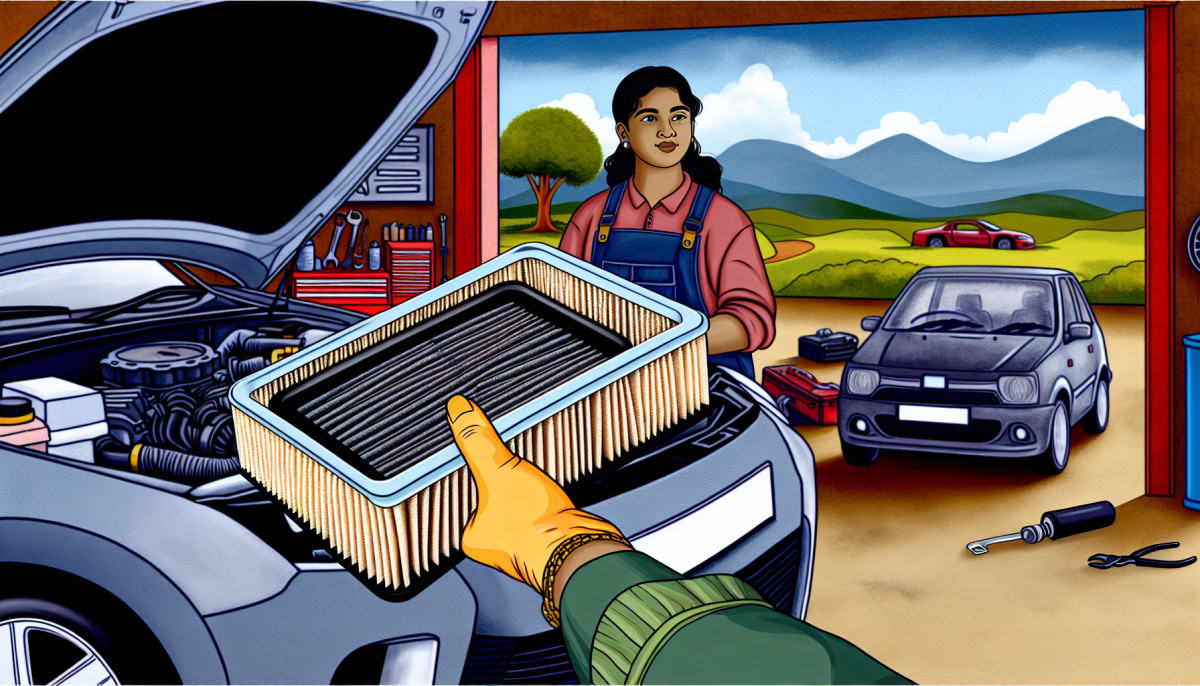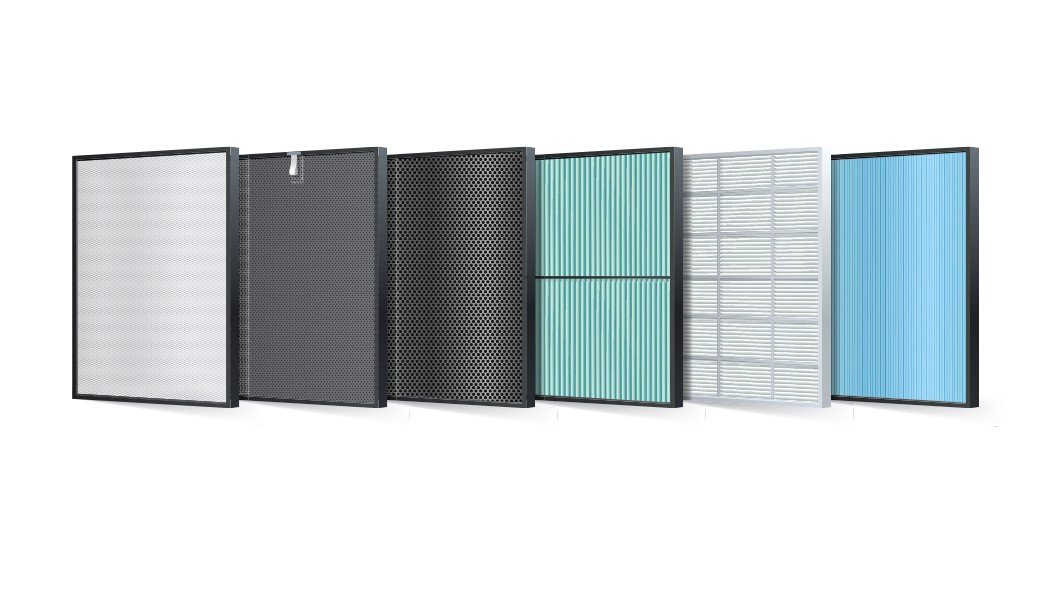Air filters play a crucial role in maintaining the quality of the air we breathe inside our homes. They are designed to trap dust, pollen, pet dander, and other airborne particles, preventing them from circulating in our living spaces. When these filters are clean and functioning properly, they help create a healthier environment for you and your family. However, if you neglect to change the air filter regularly, it can lead to a buildup of contaminants that could negatively impact your health.
In addition to health benefits, changing the air filter can also have a positive impact on your home’s heating, ventilation, and air conditioning (HVAC) system. A clogged filter forces the system to work harder, consuming more energy and leading to higher utility bills. By taking the time to change the air filter, you can enhance the efficiency of your HVAC system, ultimately saving you money in the long run.
Moreover, regularly changing the air filter can extend the lifespan of your HVAC system. When air filters are dirty, they can put unnecessary strain on the system, leading to potential breakdowns and costly repairs. By making it a habit to change the air filter when it matters most, you not only ensure cleaner air but also safeguard your investment in your home’s heating and cooling equipment.
Lastly, many people underestimate the importance of indoor air quality. The air inside our homes can be significantly more polluted than outdoor air, often due to the buildup of indoor allergens and air contaminants. By prioritizing the task to change the air filter, you take proactive steps to improve air quality, making your home a safer, more comfortable place for everyone.
Signs You Need a Replacement
Knowing when to change the air filter in your home is crucial for maintaining good air quality and ensuring your HVAC system runs efficiently. Here are some signs that indicate it might be time to replace your air filter.
One of the most common signs that you need to change the air filter is reduced airflow in your home. If you notice that certain rooms feel stuffier or that your HVAC system is struggling to maintain your desired temperature, it could be because the air filter is clogged. A dirty filter restricts airflow, making it harder for your system to circulate air effectively.
Another sign to watch for is an increase in dust and debris settling around your home. If you find yourself dusting more frequently or dealing with allergies, a dirty air filter might be the culprit. A clean filter helps trap dust and allergens, so when it’s time to change the air filter, your indoor air quality can improve significantly.
Finally, pay attention to any unusual sounds or smells coming from your HVAC system. If you hear rattling or notice a burning smell, it’s time to take action. These could be indicators that your air filter is clogged and affecting the overall performance of your system. Changing the air filter regularly prevents more significant issues from arising.
Steps to Change Your Filter
Changing your air filter is an essential task that helps maintain a healthy indoor environment. To change the air filter, follow these simple steps that can make the process quick and easy. First, gather your materials. You’ll need a new filter that matches your system’s specifications and maybe a screwdriver, depending on your unit.
Start by turning off your HVAC system. This is important for your safety and to prevent any unintentional damage to the unit. Once it’s off, locate the air filter compartment. This is usually found near the air handler or the return vent. In some systems, you might need to remove a panel or grille, which often requires a screwdriver.
Now that you have access to the filter, carefully pull out the old filter. Make a note of its orientation, as the new filter should go in the same direction. Dispose of the old filter properly, as it can carry allergens and dust. Next, take your new filter and slide it into the compartment, ensuring it fits snugly and follows the airflow direction indicated on the filter itself.
Once the new filter is in place, reattach any panels or grilles if you removed them. Finally, turn your HVAC system back on and check to ensure everything is functioning correctly. Regularly changing the air filter not only improves the efficiency of your system but also helps maintain good air quality in your home. So, remember to change the air filter when it matters most!
Benefits of Regular Maintenance
Regular maintenance of your HVAC system is essential for ensuring it operates efficiently and effectively. One of the simplest yet most impactful tasks is to regularly change the air filter. A clean air filter helps maintain optimal airflow while reducing the strain on your system. This can lead to improved energy efficiency, saving you money on utility bills each month.
Another significant benefit of changing the air filter regularly is enhanced indoor air quality. A clogged filter can trap dust, allergens, and other pollutants, causing them to circulate throughout your home. By changing the air filter, you help keep your living environment healthier by reducing the particles in the air, which is especially important for those with allergies or respiratory conditions.
Moreover, when you change the air filter consistently, you extend the lifespan of your HVAC system. A dirty filter forces the system to work harder to push air through, leading to increased wear and tear over time. By staying on top of this simple maintenance task, you help ensure that your system remains in good condition for years to come, avoiding costly repairs or premature replacements.
In addition to these benefits, changing the air filter regularly can also improve comfort levels in your home. A clean filter ensures that your HVAC system can effectively heat or cool your space, maintaining a consistent temperature throughout your home. This creates a more enjoyable living environment, no matter the season.

